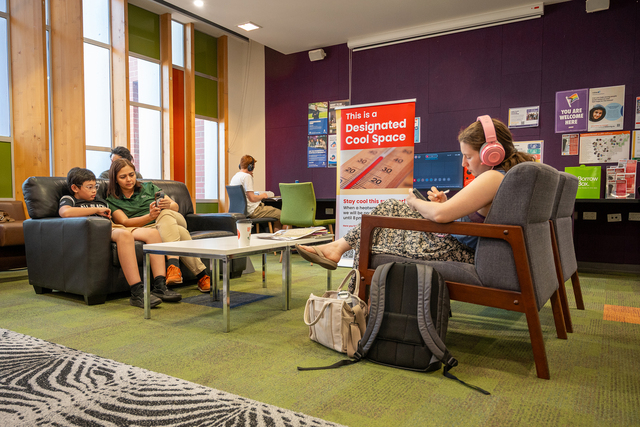With a widening gap between the rich and poor, a growing number of people are finding themselves without adequate shelter. This poses particular problems for Capital City Councils where many homeless people gather for the activity, anonymity and the services metropolitan centres can offer.
The need to find the right solutions prompted the City of Melbourne to commission the RMIT University’s Department of Social Science and Social Work to conduct a major study. Released in July and titled ‘A Public Life’ this report looked at the extent and nature of homelessness.
Lord Mayor Ivan Deveson said the City of Melbourne commissioned the Report in a bid to better understand the extent of homelessness in Melbourne so that all spheres of government could work together with community groups to provide better services for the homeless.
“Melbourne is a prosperous City by world standards,” he said. “However, we need to ensure that we remain a caring and compassionate City, a City that reaches out and extends a helping hand to the most disadvantaged members of our community.”
The Report indicates an increasing number of homeless people in Melbourne. It also shows that the homeless population is becoming increasingly diverse, complex and younger. Existing facilities are struggling to cope with the growth in demand for services.
The Lord Mayor said it was a shock to find that between 1,000 to 4,500 people were homeless or at risk of homelessness. At least 120 people are sleeping rough each night under bridges, in parks or lanes.
Chair of Council’s Community and Social Development Committee, Councillor Lorna Hannan, described the study as a turning point in planning for better services for disadvantaged people in the City.
“This report has implications for the community as a whole,” she said. “Governments, welfare agencies and others involved in caring for the disadvantaged must begin to work in a more coordinated way that addresses the increasing demand for services.”
Recommendations in the Report include the establishment of an out of hours telephone hotline service for accommodation and support referrals, and an extended hours health centre for homeless people.
For further information contact Michael Pirrie, telephone (03) 9658 9484.
















